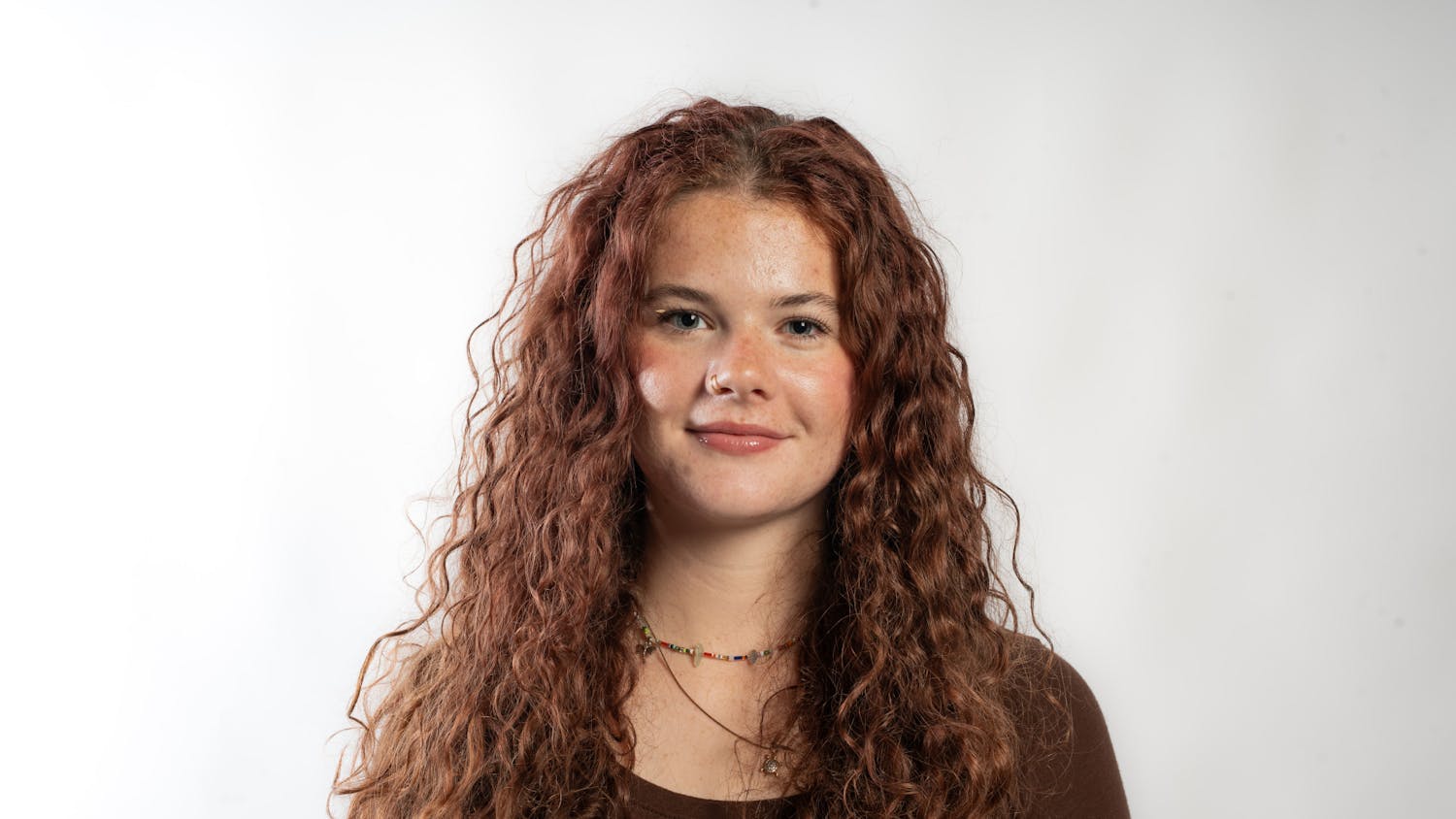Gluten free diets have become a trend, and many people question whether they make a significant difference in health; nutrition experts say they are neither good nor bad.
Gluten is a general classification for a group of proteins found in wheat, barley, rye and oats, according to the Celiac Disease Foundation. Allergies to gluten are common, with about one in 100 people being affected, but others choose to voluntarily give up gluten for health reasons.
“I think the trend really started in the early to mid 2000s, and since then, going gluten free has been attributed to everything from weight loss to curing disease, whether or not there is actual research to back up these claims,” Jennifer Yoder-Clevidence, a nutrition lecturer at Ohio University, said.
Fad diets are always being advertised, and they eventually fade away. Yoder-Clevidence said fad diets tend to resurface in the future as a “new” diet. She gave the example of the Atkins diet, which was a heavy trend in the late ’90s through the early 2000s, dissipated for a period of time, and reappeared as the paleo and ketogenic diets.
Yoder-Clevidence said if someone does not have Celiac disease, which requires them to restrict gluten, then gluten is neither bad nor good in a diet.
“People who have true Celiac disease do not have a gluten allergy, rather they have an autoimmune disease where they are unable to process gluten,” Yoder-Clevidence said. “In individuals with Celiac disease, gluten in the diet can do great damage to the lining of their intestine, which can lead to severe malnutrition among other complications.”
It is difficult for people with Celiac disease to find gluten-free foods. However, Yoder-Clevidence said due to the rise of consumer demand, she believes gluten-free foods are rapidly becoming more accessible.
“I would say the bigger challenge for people with Celiac disease is cross-contamination, and hidden sources of gluten even in products like lotion, toothpaste, shampoo and more items of that nature,” Yoder-Clevidence said.
Yoder-Clevidence said some products labeled as gluten-free have the same amount of calories, added fats and sugars as products containing gluten.
“It seems that gluten-free has almost become synonymous with 'healthy', however consumers still need to read labels and compare products,” Yoder-Clevidence said. “Unless someone has been diagnosed with Celiac disease, then eliminating gluten from the diet is not going to have additional health benefits.”
Olivia Ries, a senior studying psychology, said that as a person with Celiac disease, it is not difficult to find gluten-free alternatives.
“Especially in bigger cities, I’m able to find alternatives on almost every restaurant’s menu,” Ries said, “But it can be very difficult in Athens.”
Celiac disease is genetic, and Ries said her mom has it as well. However, Ries did not get diagnosed until she was in grade school.
“Realizing I had the disease was a progression,” Ries said. “I started getting dizzy, and couldn’t figure out what was happening with me.”
Ries said she knew something was wrong when she started experiencing “brain fog,” in which she was unable to remember conversations she recently had. She said the situation made her realize how correlated food ingestion and brain capacity are.
“I would study all night for tests and fail the tests because I just couldn’t remember anything,” Ries said.
Within a week of eating gluten-free, Ries said her body was feeling so much better.
Ries said she does not like making a big deal out of not eating gluten at restaurants. She is aware that some people eat gluten-free just so they can follow diets. She said sometimes restaurant workers assume she is one of the diet followers and that her request is not an emergency; she said she can tell by their faces that they are annoyed.
“I don’t do it just because I want to,” Ries said. “I always apologize profusely even though I know I don’t need to.”
Ries said even eating chicken that was cooked on a grill used to previously cook breaded chicken on can get her sick.
Ries said her friends are more defensive than she is when they go out to eat, making sure the waiters know her request is for a serious disease and not a diet.
Donkey Coffee and Espresso, 17 W. Washington St., sells gluten-free cookies. Donkey also sells vegan options.
Michael McBride, a barista at Donkey Coffee and Espresso, said the business aims to accommodate all customers’ needs.
“Some don’t mind what’s in the food, some do,” McBride said. “We try to reach all needs of our customers.”






